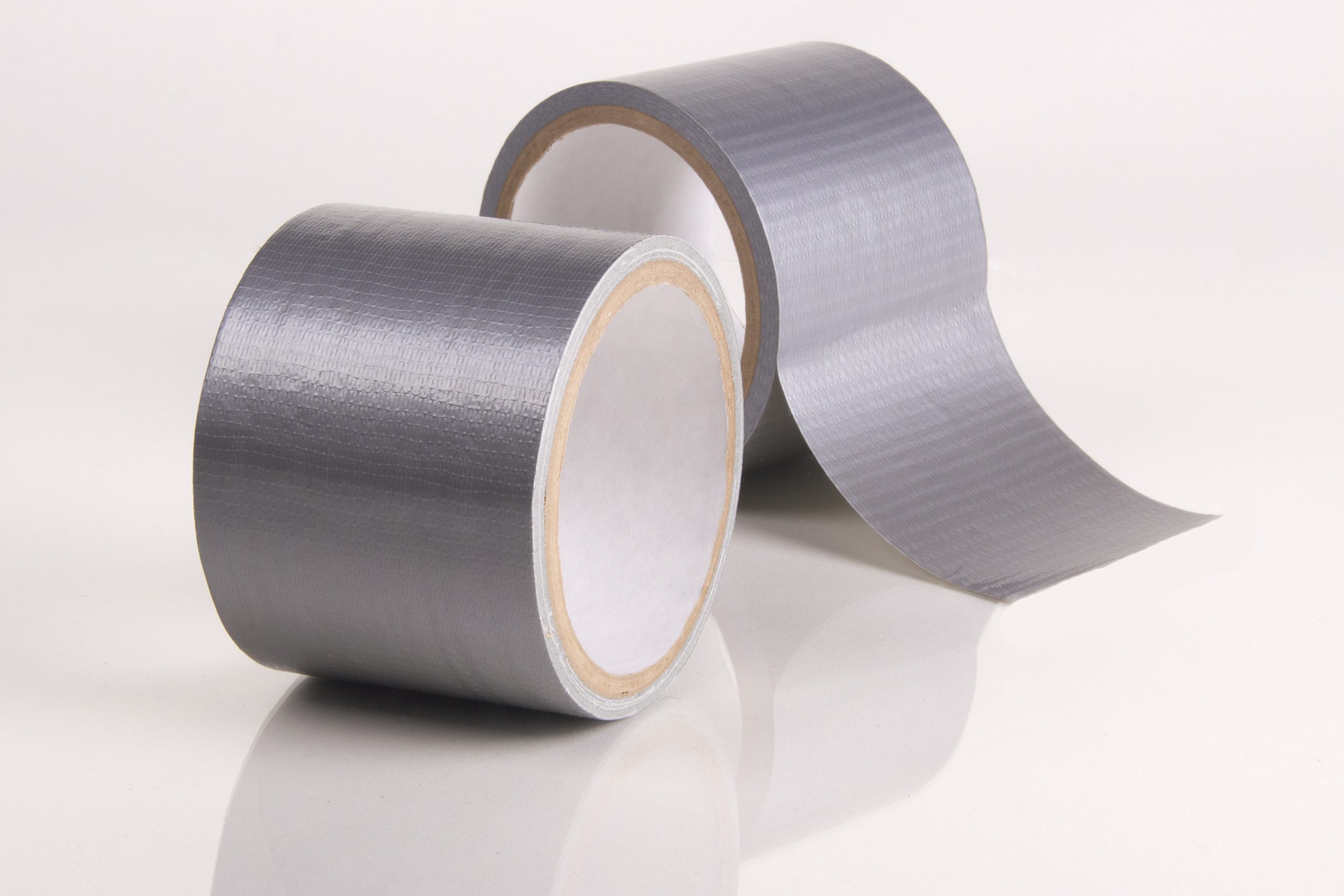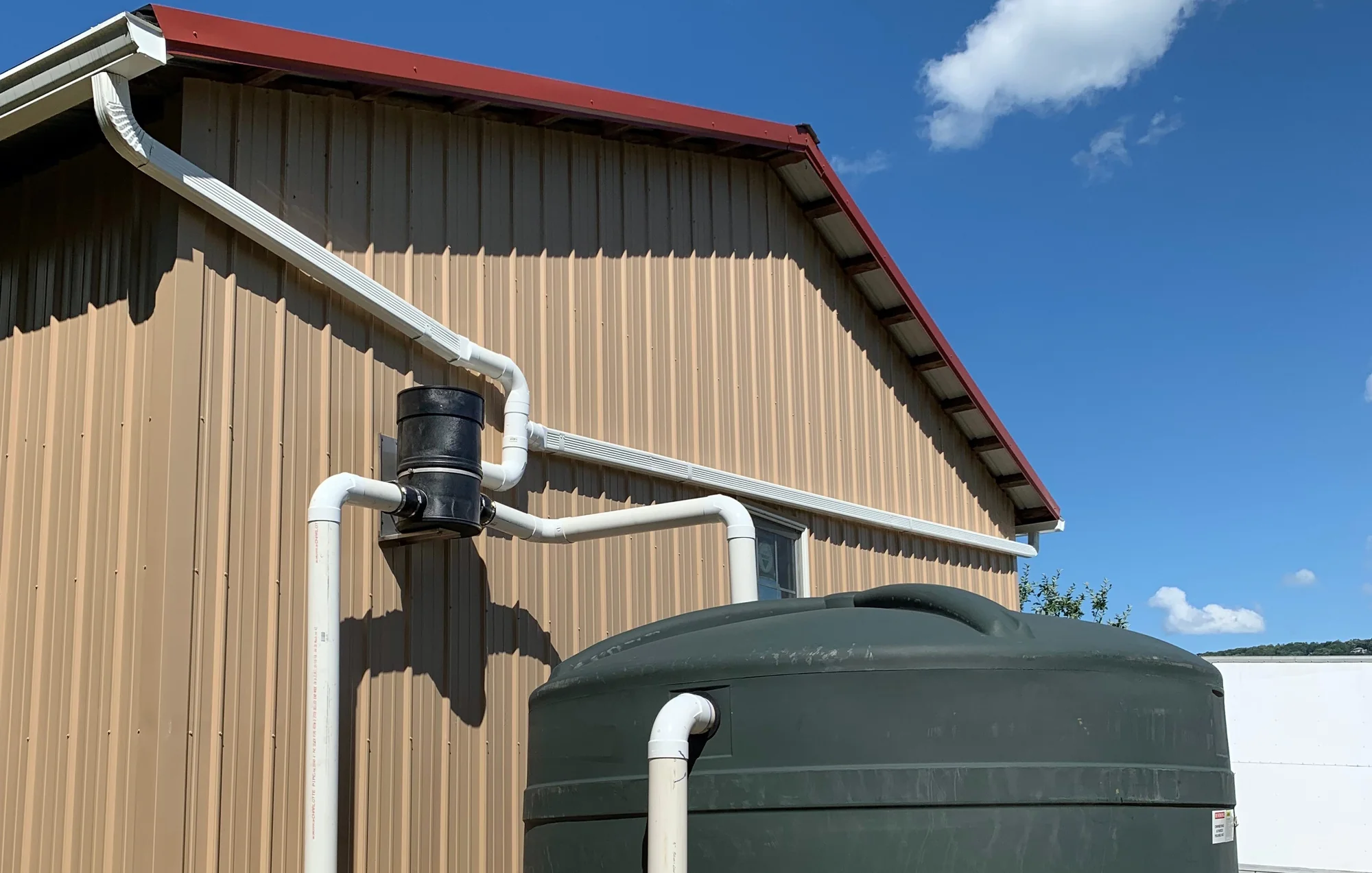Hard water, a common issue in many households, is defined by its high mineral content, primarily calcium and magnesium. This natural occurrence can significantly affect home appliances, affecting everything from efficiency to lifespan. While often overlooked, the impact of hard water can lead to a range of challenges for homeowners, from increased maintenance needs to higher energy costs. This post delves into the various ways hard water interacts with home appliances, offering insights into the mechanisms of its impact and providing practical advice for mitigation.
Contents
- 1 The Science Behind Hard Water
- 2 Scaling: Hard Water’s Hidden Foe
- 3 Efficiency And Energy Consumption
- 4 Cleaning And Maintenance Challenges
- 5 The Lifespan Of Appliances In Hard Water Areas
- 6 Financial Considerations Of Hard Water
- 7 Water Softening Solutions For Homeowners
- 8 Protect Your Home From Hard Water Havoc
The Science Behind Hard Water
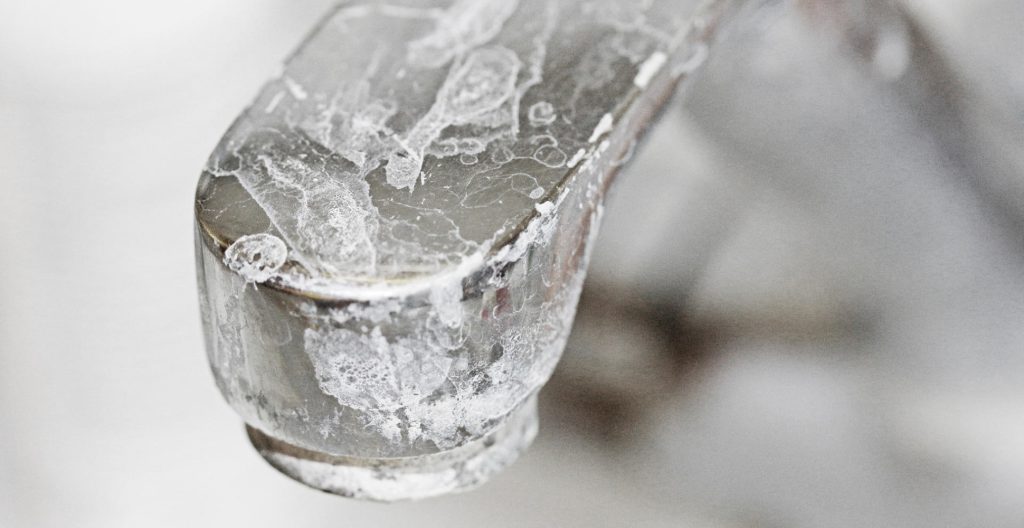
Hard water is characterized by an elevated concentration of minerals like calcium and magnesium. These minerals are dissolved into the water as it moves through soil and rock. Unlike soft water, which is treated to remove these minerals, hard water retains them, leading to a range of issues in household settings. The distinction between hard and soft water is crucial in understanding the subsequent impact on home appliances. The hardness of water is typically measured in grains per gallon (gpg) or milligrams per liter (mg/L), and this measurement is key in determining the potential for scaling and other related problems in appliances.
The formation of hard water is a natural process that occurs when water percolates through deposits of limestone, chalk, or gypsum, which are largely composed of calcium and magnesium carbonates, bicarbonates, and sulfates. The geographic location of a home greatly influences the hardness of the water, with some areas naturally predisposed to higher mineral content in their water supply. This variation means that the impact of hard water on home appliances can differ significantly from one region to another, making it a particularly localized issue.
Scaling: Hard Water’s Hidden Foe
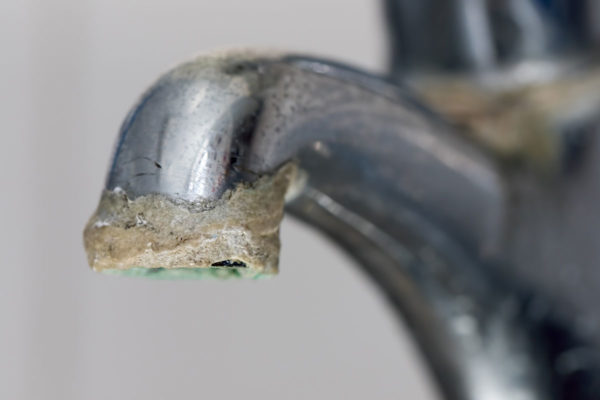
Scaling, a common problem caused by hard water, is the buildup of mineral deposits inside appliances. This occurs when hard water is heated, leading to the precipitation and solidification of minerals. Appliances such as water heaters, dishwashers, and washing machines are particularly susceptible to scaling. Over time, this buildup can clog pipes, reduce water flow, and diminish the efficiency of heating elements. The long-term impact of scaling is not just a decrease in appliance efficiency but also a potential reduction in the overall lifespan of these devices.
In heating appliances like kettles and boilers, scaling can be particularly problematic. The layer of scale acts as an insulator, causing the appliance to use more energy to heat water, which in turn leads to increased energy costs. Additionally, the scale can cause uneven heating surfaces, leading to hot spots and further inefficiencies. In appliances where water flow is critical, such as in coffee makers or steam irons, scaling can lead to partial or complete blockages, severely affecting their performance and reliability. Regular maintenance and descaling are therefore essential to mitigate these issues.
Efficiency And Energy Consumption
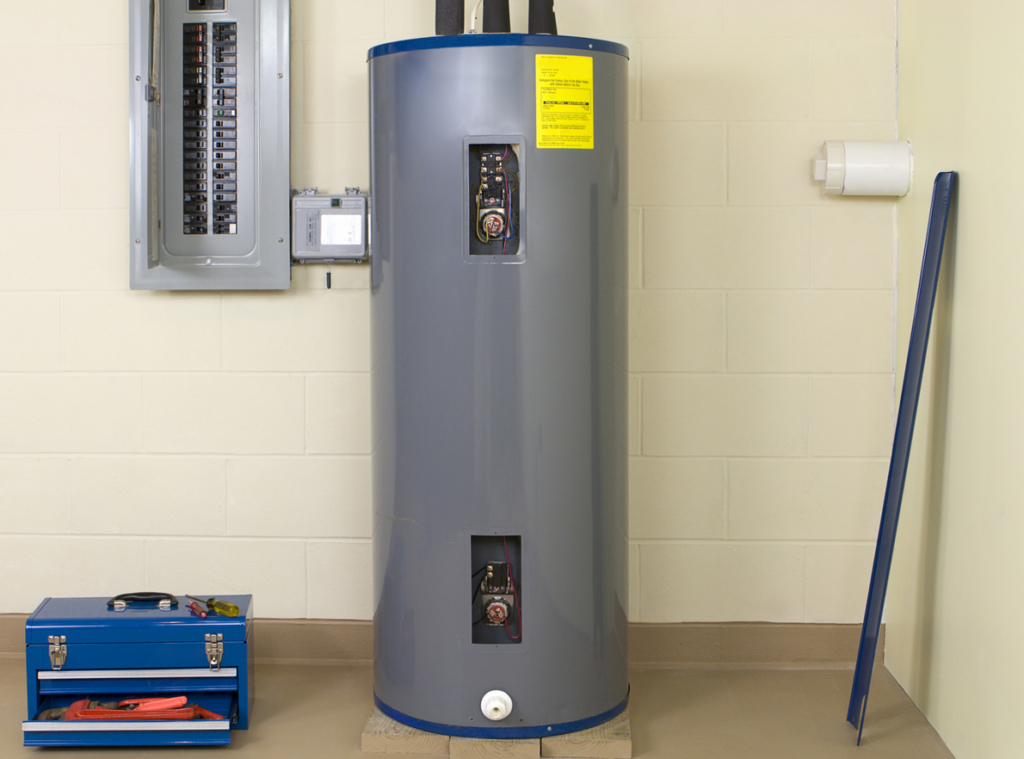
The efficiency of household appliances is significantly affected by hard water. For instance, in water heaters, the presence of hard water leads to the formation of scale on heating elements, which reduces their heat transfer efficiency. This inefficiency not only increases energy consumption but also prolongs the time needed to heat water, leading to higher utility bills and reduced convenience. The impact is similarly felt in other appliances, where hard water can cause machines to work harder and longer, thus consuming more energy and experiencing greater wear and tear over time.
Comparing appliances operating in areas with soft water to those in hard water regions reveals a stark contrast in efficiency and operating costs. Appliances in soft water areas typically have a longer lifespan and require less energy, as they are not battling the detrimental effects of mineral buildup. Studies have shown that appliances operating in hard water conditions can consume significantly more energy. For example, a water heater may use up to 30% more energy in hard water areas compared to soft water areas. This increased energy consumption impacts the homeowner’s wallet and contributes to a larger environmental footprint.
Cleaning And Maintenance Challenges
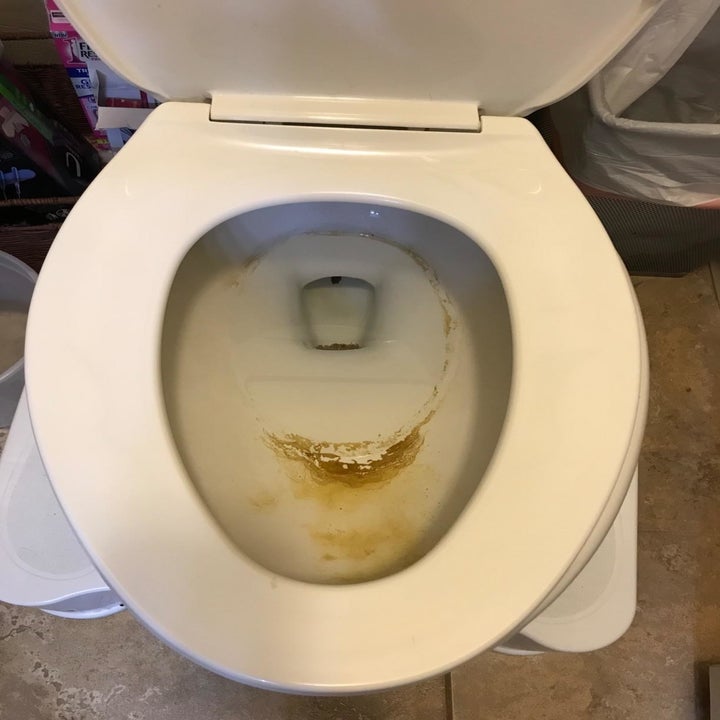
Hard water presents unique cleaning and maintenance challenges for home appliances. The mineral buildup from hard water often leaves behind stubborn stains and deposits that are difficult to remove. Appliances like dishwashers and washing machines are particularly prone to these issues, which can affect their cleaning effectiveness and leave residues on dishes and laundry. The regular maintenance required to combat these effects can be time-consuming and often requires the use of specialized cleaning agents or descalers.
The challenges extend to the cleaning of the appliances themselves. For instance, showerheads and faucets in bathrooms often get clogged with mineral deposits, affecting water pressure and flow. The effort to maintain these appliances in hard water areas is significantly higher compared to soft water areas. Homeowners are often advised to use vinegar or commercial descaling solutions to remove these deposits, but this can become a frequent and tedious task. Moreover, the harsh chemicals often needed to combat hard water buildup can lead to additional wear and tear on the appliances, further complicating their maintenance and potentially shortening their lifespan.
The Lifespan Of Appliances In Hard Water Areas
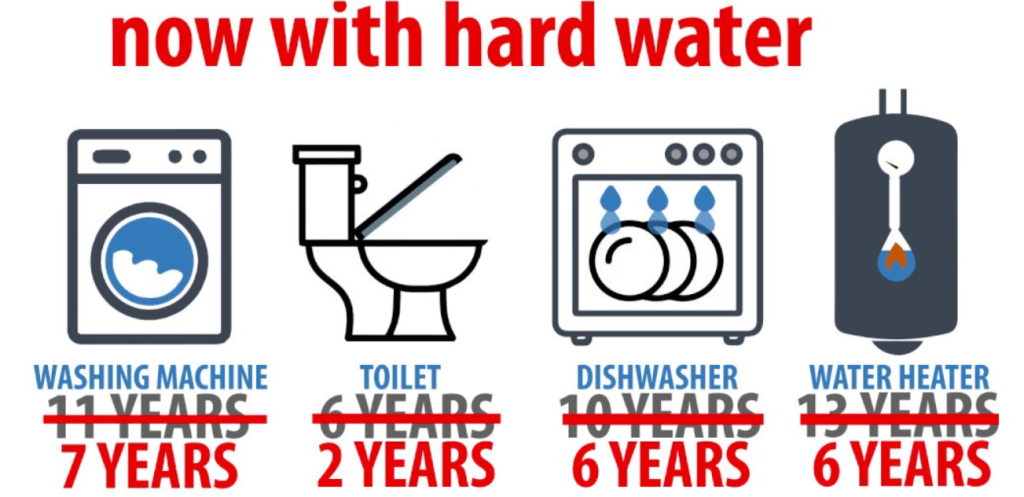
The lifespan of home appliances is notably affected by hard water. Appliances in areas with hard water often have a reduced lifespan due to the constant battle against mineral buildup and scaling. This is particularly evident in water-intensive appliances like dishwashers, washing machines, and water heaters. The mineral deposits can cause internal components to wear out more quickly, leading to frequent breakdowns and the need for replacement parts. Additionally, the efficiency of these appliances diminishes over time as they require more energy and effort to perform their basic functions.
Conversely, appliances in soft water areas typically exhibit a longer operational life. The absence of harsh minerals means that internal components are less likely to suffer from the abrasive and clogging effects of scaling. This difference highlights the importance of water quality in determining the overall cost-effectiveness of household appliances. Regular maintenance and the use of water softeners can help mitigate the effects of hard water, but they cannot entirely prevent the gradual wear and tear caused by mineral deposits. As a result, homeowners in hard water areas often face higher long-term costs due to more frequent appliance replacements and repairs.
Financial Considerations Of Hard Water
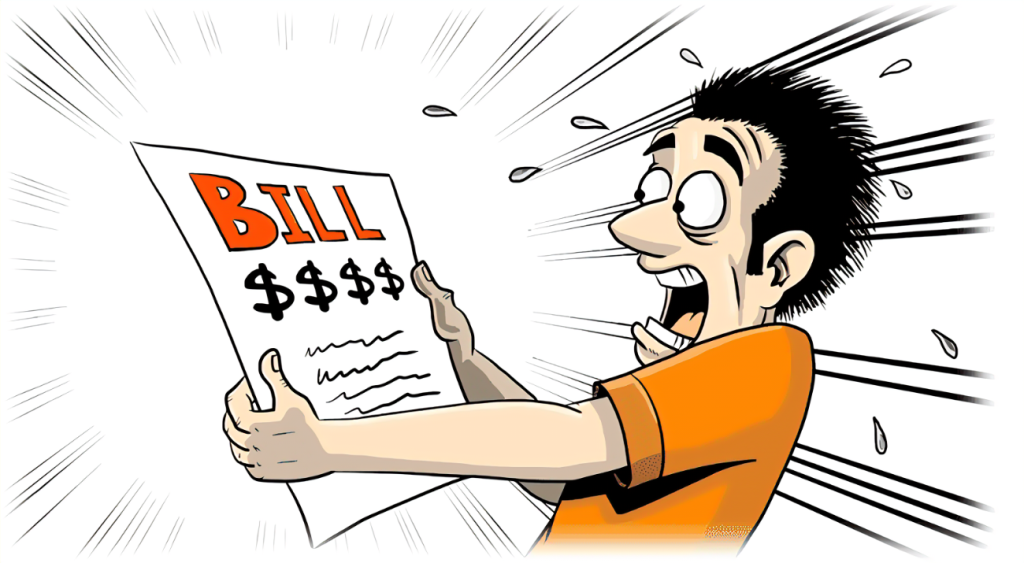
The financial implications of using home appliances in hard water areas are significant. Homeowners often find themselves facing higher expenses, not only in terms of increased energy bills due to reduced appliance efficiency but also in maintenance and replacement costs. The scaling caused by hard water leads to more frequent repairs and parts replacements, adding up to substantial costs over time. Furthermore, appliances in hard water areas may need to be replaced more often than those in soft water areas due to the accelerated wear and tear.
In contrast, the long-term costs for appliances in soft water areas are generally lower. This cost disparity makes it clear that the initial investment in water-softening solutions can be financially beneficial in the long run. It’s important for homeowners to weigh the upfront costs of installing a water-softening system against the potential savings in appliance maintenance, energy bills, and replacement costs. Over time, these savings can be substantial, making water softening a cost-effective choice for those living in hard water areas.
Water Softening Solutions For Homeowners
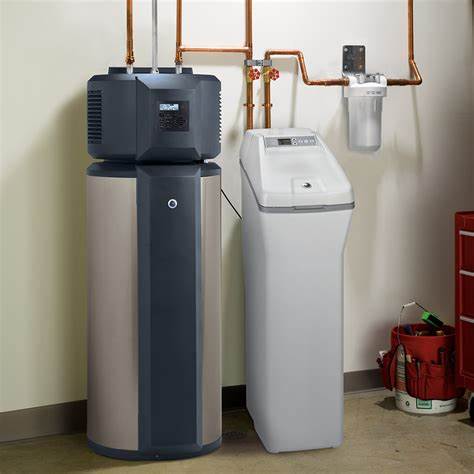
Water softening methods offer a solution to the challenges posed by hard water. These systems work by removing the minerals that cause hardness, typically using ion-exchange resins or other technologies. There are several types of water softeners available on the market, each with its own advantages and limitations. Some use salt to replace the calcium and magnesium ions, while others employ alternative methods like magnetic or electronic water conditioning, designed to alter the properties of the minerals to prevent scaling.
Choosing the right water-softening solution requires consideration of various factors, such as the level of water hardness, the size of the household, and environmental concerns. Salt-based softeners, while effective, can increase sodium content in wastewater, which might not be suitable for all areas, especially those with strict environmental regulations. On the other hand, salt-free alternatives, though less effective in removing hardness, can be more environmentally friendly and easier to maintain. The effectiveness of these solutions in protecting home appliances from the adverse effects of hard water is a crucial factor in making an informed decision.
Protect Your Home From Hard Water Havoc
The impact of hard water on home appliances is an issue that demands attention. It’s clear that the effects extend beyond mere inconvenience, affecting appliance efficiency, lifespan, and household finances. The adoption of water-softening solutions and regular maintenance can mitigate these effects, ensuring the longevity and optimal performance of your appliances. Therefore, it is imperative to assess your home’s water quality and take proactive steps to address any hard water issues, safeguarding your investments and contributing to a more sustainable home environment.

